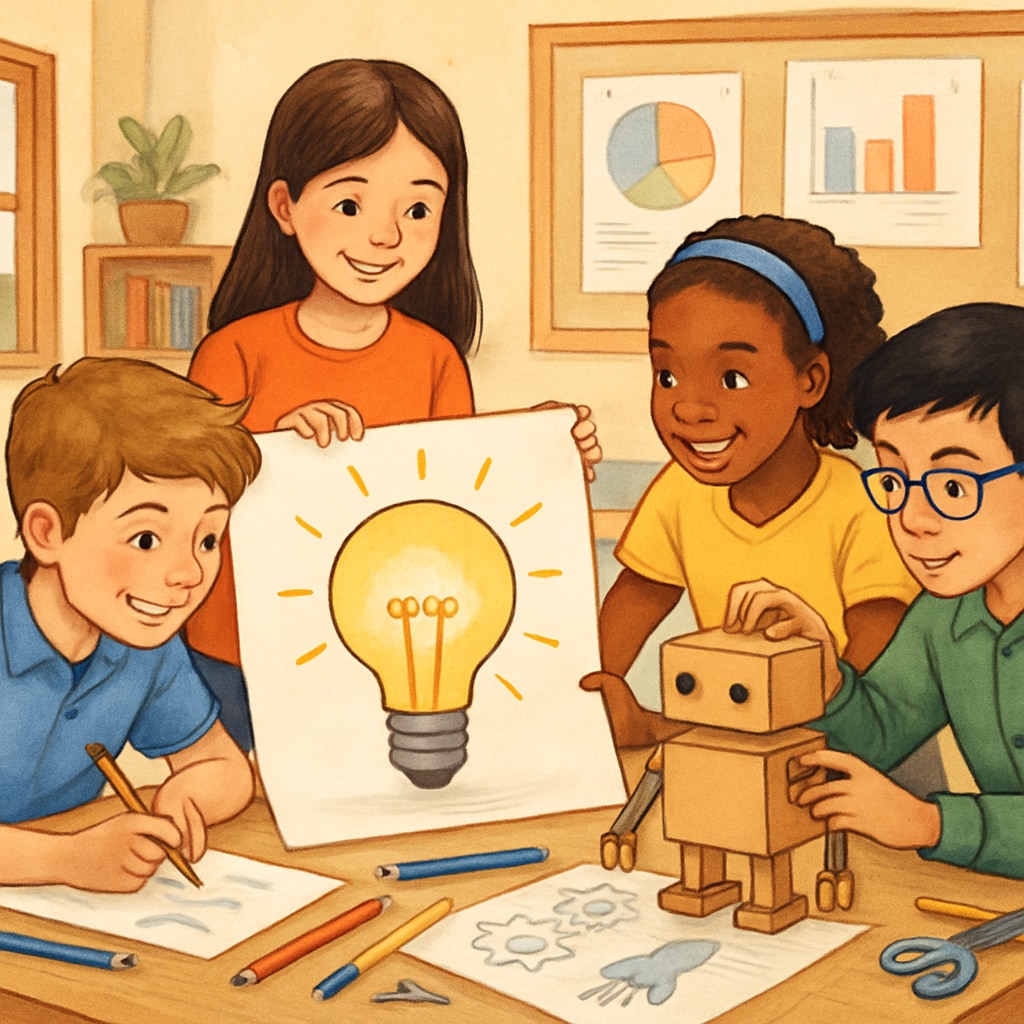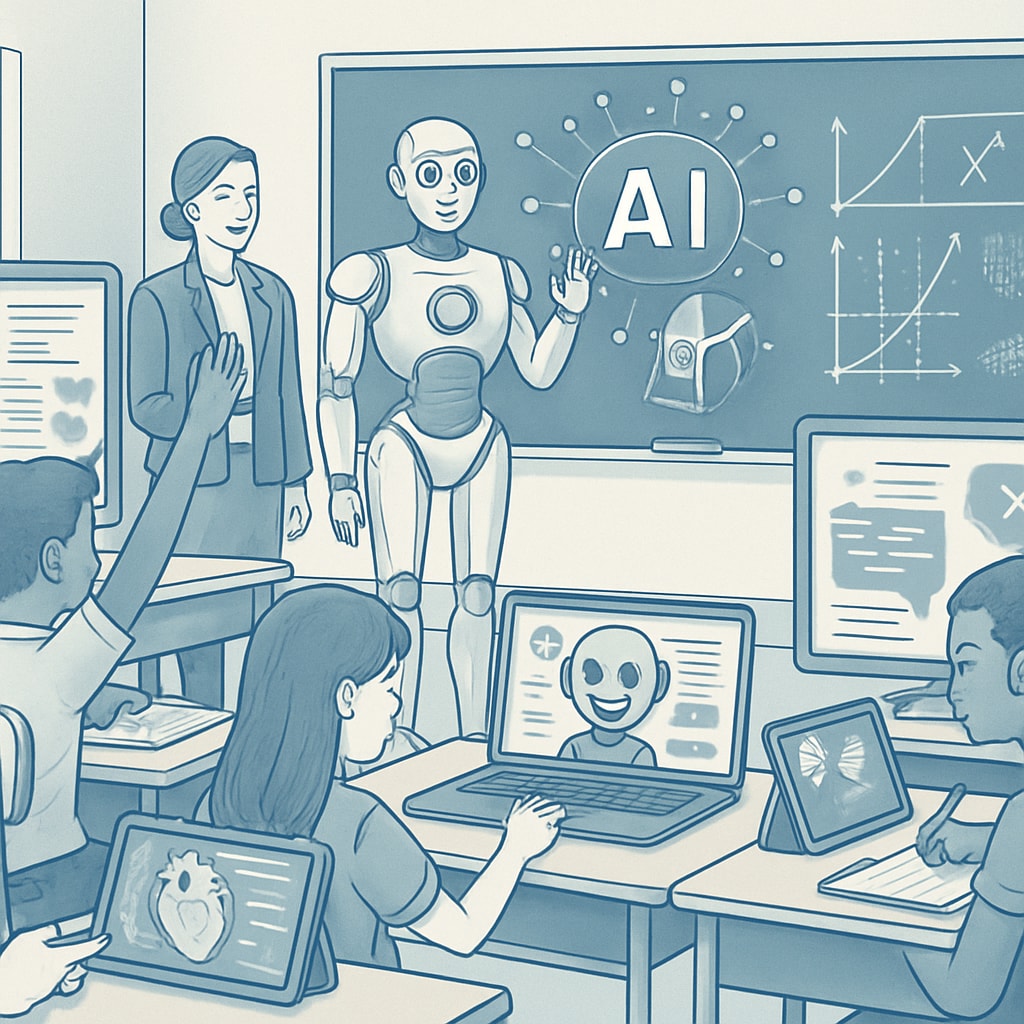The rapid advancement of artificial intelligence, university education, and future career prospects is reshaping the landscape of learning and employment. As AI begins to outperform humans in repetitive and analytical tasks, educators face an urgent challenge: how can K12 education prepare students for a future where machines dominate many jobs? To remain competitive, children must develop skills that are uniquely human and irreplaceable in an AI-driven economy.
Why Traditional Education Needs a Paradigm Shift
Historically, education systems have focused on standardized curricula, emphasizing rote learning and technical knowledge. However, these methods may no longer suffice in the face of AI’s capabilities. For example, AI tools like ChatGPT can now write essays, code software, and even assist in medical diagnoses. As a result, future jobs will likely demand skills that machines cannot replicate, such as creativity, emotional intelligence, and critical thinking.

In addition to these challenges, the value of university education is being questioned. While higher education often provides specialized knowledge, it may not adequately prepare students to navigate the uncertainties of the AI-driven job market. According to research from Britannica, the role of education is evolving to prioritize adaptability and lifelong learning.
Strategies for K12 Education to Foster Human Uniqueness
To ensure students thrive in the future, K12 education must emphasize skills that complement AI rather than compete with it. Here are several strategies educators can implement:
- Encourage Creativity: Integrate arts, design thinking, and innovative problem-solving exercises into the curriculum.
- Develop Emotional Intelligence (EQ): Teach empathy, collaboration, and interpersonal skills through group projects and social-emotional learning programs.
- Promote Critical Thinking: Use inquiry-based learning methods to help students analyze information, question assumptions, and make informed decisions.
- Focus on Digital Literacy: Equip students with an understanding of AI systems and ethical considerations to ensure responsible use of technology.
By implementing these strategies, K12 educators can help students build a foundation of skills that are both adaptable and enduring. For additional insights, visit Artificial Intelligence on Wikipedia.
Preparing Students for AI-Affected Career Paths
With AI automating many tasks, the job market is shifting toward roles that require human ingenuity. Fields such as healthcare, education, and creative industries are expected to remain resilient. For example:
- Healthcare: Jobs requiring human empathy, such as nursing and therapy, will continue to thrive.
- Education: Teachers who can mentor and inspire students will remain indispensable.
- Art and Design: Creative professionals can leverage AI tools to enhance their work, rather than replace it.

To prepare for these careers, students must learn to collaborate with technology while capitalizing on their unique capabilities. K12 education plays a pivotal role in equipping them with the mindset and skills to embrace such opportunities.
Conclusion: Investing in Human Potential
The rise of artificial intelligence, university education, and future career prospects presents both challenges and opportunities. While AI may replace certain tasks, it also creates a demand for skills that are distinctly human. By prioritizing creativity, emotional intelligence, and critical thinking, K12 education can empower students to remain relevant and competitive. As a result, schools must adapt to ensure children are not only prepared for the future but also capable of shaping it.


